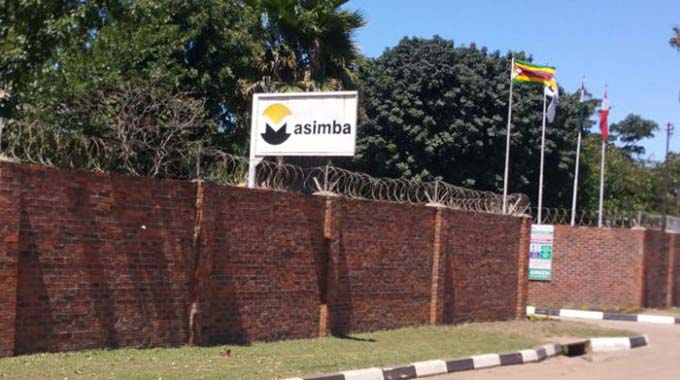‘High cost of taxation weighing on ICT sector’
THE high cost of taxation is among factors hindering the growth of Zimbabwe’s information communication technology (ICT) sector, a senior Government official has said.
Information Communication Technology and Courier Services Deputy Minister Dingumuzi Phuti has said the multiplicity of taxes and erratic power supply were among the factors weighing down the ICT sector.
Deputy Minister Phuti said this while addressing delegates at the CEO Roundtable breakfast meeting in Harare last week.
He said this did not only distort the market but also led service providers to pass on the cost burden to consumers.
Deputy Minister Phuti said it was essential for authorities to revisit the taxation framework to create a more conducive environment for the ICTs sector to thrive.
“There is a high cost of taxation in the sector, you will be alarmed at how much the players in the ICT are taxed, multiple times and no one listens when you reason to say this and this and this hinders growth.
“When the ICT sector service providers are taxed this high, it means they are transferring the burden to customers and it distorts everything,” the deputy minister said.
High taxation on telecommunication companies (telcos) can have several negative effects on the industry, consumers, and the economy as a whole.
Some of the effects include increased cost of services, as telcos pass on the tax burden to consumers, leading to higher prices for telecommunication services.
High taxation also leads to reduced profitability for sector players, making it less attractive for the companies to invest in network upgrades, expansion and innovation.
Deputy Minister Phuthi also cited unreliable power supply as one of the factors hindering the performance of the telecommunications sector.
He said the frequency and duration of power cuts had negatively impacted every aspect of operations, and the issue must be addressed timeously.
Zimbabwe, like the rest of the region, is facing acute power shortages because the country invested very little in expanding growth since completing Hwange Power Station in the mid 80s.
The advanced age of the power station also makes it prone to frequent breakdowns and limits its output.
To address the deficit, the Government has a comprehensive strategy, which should culminate in the country becoming a net energy exporter in the next few years.
In 2018, the Government completed the expansion of Kariba South Power Station by a further 300 megawatts to 1 050MW. Last year, the Government completed the Hwange 7 and 8 units expansion, adding 600MW.
Zimbabwe is also working with Zambia for the Batoka Gorge hydropower project, whose 2 400MW (shared equally) should go a long way in addressing the energy deficit.
Several licences have since been issued to independent power producers, some of which are already feeding into the national grid, to address the power shortages.
The energy deficit, however, remains, with a demand peak of 2000MW still outstripping the supply of about 1 400MW, which is managed through imports and power rationing.
“Power deficits have negatively impacted the general growth of the ICT sector in their attempt to be equal to the task when it comes to what industry would require.
“I can’t overemphasise (impact of) power shortages, but many of us here will attest to the reality that power cuts have affected every facet of our operations.
“In the ICT sector, just imagine if mobile network operators are to run for more than three months on a generator because the power lines are either not connected or they are down for more than six months.
“That’s a real challenge,” the deputy minister said.
He noted that this underscored the urgency of resolving the power crisis.
Nonetheless, mobile internet traffic recorded a 19,22 percent growth to 78,38 petabytes in the third quarter of 2024 from 65,75 petabytes, highlighting the ever-growing dependency on data services among users.
Conversely, voice traffic volume saw a 7, 46 percent contraction to 2,81 billion minutes from the 3,04 billion minutes reported in the second quarter of 2024.
This decline is largely attributed to a shift towards internet-based communication methods given the rising popularity of smartphone applications such as WhatsApp, Facebook Messenger, Telegram, and Apple’s FaceTime which have provided users with alternatives for voice and video calls, contributing to the diminishing reliance on traditional voice calling.-herald










